Why Purpose Equity? - Part 1
A Turning Point in 2012
It was April 2012. I was nine months out of big law, working at a small investment banking firm. We called it “boutique” at the time — it sounded fancier that way. Four months earlier, the founder of our firm died in a climbing accident, and I had suddenly become the chief advisor on a deal where we were advising a 75-year-old business owner who really needed to transition his business. I had just hung up the phone with his last potential buyer — they said no, too, like everyone else, because my client had a small union presence, and nobody wanted to touch that union. I put down the receiver knowing I had to call the client to tell him no one wanted to buy his business.
It was Friday afternoon, around 3:00pm, so I had some hope he wouldn’t pick up. But he did, so I gulped, and started in. “Mr. Hughes”, I said, “I just got off the phone with so-and-so, and they’re out. It’s the union again.” An audible sigh came through the receiver. “Dan, what am I going to do?” After discussing for a minute taking a rest for the weekend and regrouping next week, for no apparent reason, I asked “Mr. Hughes, what was your goal in wanting to sell your business?” His response — I’ll never forget: “Dan, I just don’t want any of my guys to get fired.” Although I am sure Mr. Hughes didn’t hear my face palm, it should have been audible to him on the other end of the phone. I had been going about this all wrong. And he just told me why.
Discovering the Real Goal: Listening to the Client's Vision
Originally, Mr. Hughes came to us with a buyer in hand, so the deal should have been easy. We were simply there to help him put down the specifics and get the deal done. The initial buyer backed out — after a year of negotiations — because of the union. A succession of other potential buyers backed out for the same reason. But we had never bothered to ask Mr. Hughes what he was trying to accomplish in selling his business. In our mind, we saw a nice fee at the end of the deal, and so we were trying to sell to the highest bidder. It was that simple.
But when Mr. Hughes told me that his ultimate goal — his ‘best and highest goal,’ as we have come to define it — was that he wanted the business to continue for another 75 years and that he didn’t want a buyer to fire any of his guys, it opened up a world of possibilities. You see, Mr. Hughes didn’t need the money. He had put away plenty for retirement. And he had worked in the business since the 1950’s; needless to say, he loved it. So, if we found the right guy to take over the business — even if he didn’t have two nickels to scrape together — we could put together a transition with seller financing and allow the business to continue as it had for the previous 75 years.
Reframing Success: Finding the Right Buyer for the Right Reasons
And that’s what we did. We found the right guy, with the right personality, skill set, and education. He’s been president of the company for several years, and it’s doing great. All because we asked the right question after almost two years of not asking any.
So, this got me thinking, what else have we missed? In either my legal or investment banking practices, have we sent clients down the wrong path, either because they came to us with an ill-defined problem or opportunity, or a pre-determined solution already in hand? My thinking was vague at the time, but I felt like something was missing from the way I had practiced in the past, but I knew enough to start to seek the solution.
Asking that single question on that single day in 2012, and getting an unexpected answer, changed my entire practice. I realized it wasn’t about me. It was about my client, their families, their employees, their hopes, and their future – their purpose. And that single moment started me on a search for how to put all this together.
